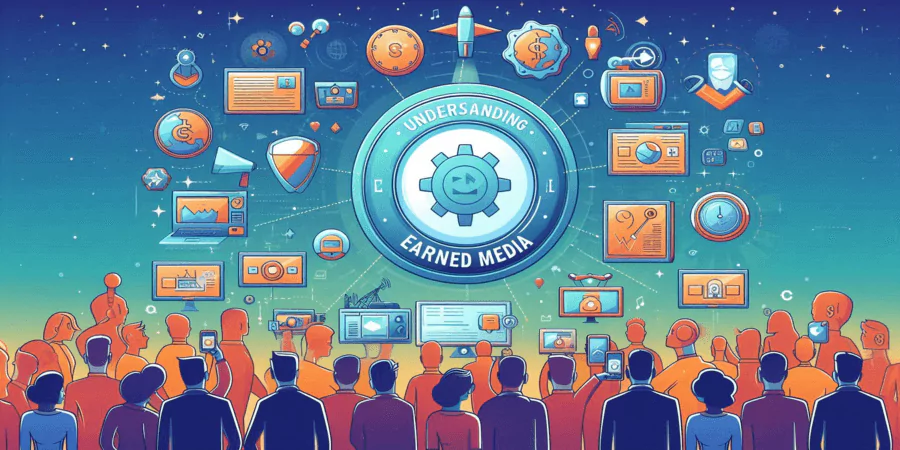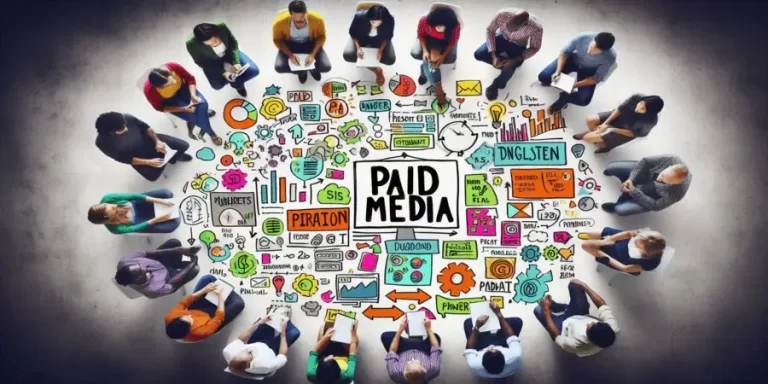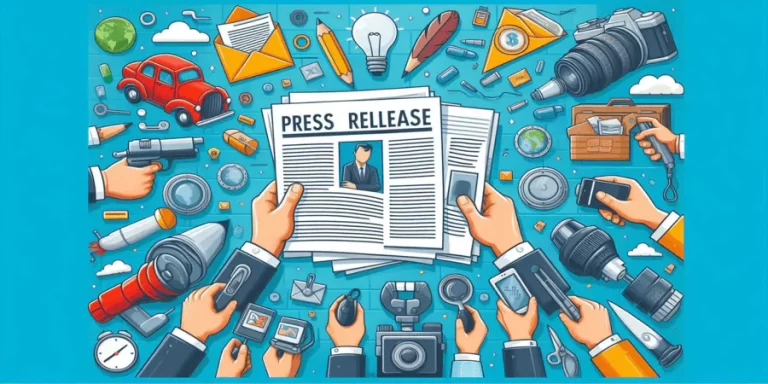In the realm of marketing and public relations, earned media stands out as a powerful yet often underutilized tool. Unlike paid or owned media, earned media provides third-party validation, significantly enhancing a brand’s credibility and reach. This article explores the definition of earned media, its benefits, and real-world examples to illustrate its impact.
Definition of Earned Media
Earned media refers to the publicity a company, organization, or individual receives through unpaid efforts. This type of media coverage is “earned” through activities such as media relations, influencer engagement, and organic content sharing. It includes:
- Press Coverage: Articles, features, and mentions in newspapers, magazines, TV, and online news sites.
- Social Media Mentions: Organic mentions, shares, and discussions on social media platforms.
- Word-of-Mouth: Recommendations and reviews from customers, influencers, and other stakeholders.
- Online Reviews: Ratings and reviews on platforms like Yelp, Google, and TripAdvisor.
Earned media is characterized by its authenticity and the trust it engenders, as it comes from sources outside of the brand’s direct control.
Benefits of Earned Media
Earned media offers numerous advantages that can significantly enhance a brand’s marketing and public relations efforts. Here are some key benefits:
1. Enhanced Credibility and Trust
Earned media is perceived as more credible than paid or owned media because it comes from unbiased, third-party sources. When a respected journalist writes a positive article about your company or an influencer endorses your product, it carries more weight and fosters trust among your audience.
2. Increased Reach and Visibility
Media outlets, influencers, and satisfied customers can amplify your message to broader audiences. This organic reach extends beyond your immediate network, potentially exposing your brand to new and diverse demographics.
3. Cost-Effective Marketing
Earned media does not require direct payment, making it a cost-effective strategy. Instead of investing in advertisements, brands can focus on building relationships and creating valuable content that attracts media attention and organic sharing.
4. Improved SEO
Earned media can boost your search engine optimization (SEO) efforts. Mentions and backlinks from reputable sources improve your website’s authority, helping it rank higher in search engine results. This increased visibility can drive more organic traffic to your site.
5. Stronger Brand Authority
Regularly earning media coverage positions your brand as an industry leader and expert. Consistent positive mentions and features can enhance your brand’s authority and influence within your market.
Examples of Earned Media
To illustrate the impact of earned media, let’s explore some real-world examples:
1. Press Coverage
Press coverage is a classic form of earned media. For instance, when a tech company launches a groundbreaking product and receives extensive media coverage in major publications like The New York Times, TechCrunch, and Wired, it gains significant visibility and credibility. This press coverage can drive interest, inquiries, and sales.
2. Social Media Mentions
Social media platforms are fertile ground for earned media. Consider the case of a fashion brand launching a new clothing line. If influencers and satisfied customers share their positive experiences and photos of the new outfits on platforms like Instagram and Twitter, it can create a buzz and attract new customers. These organic mentions often lead to increased brand awareness and engagement.
3. Word-of-Mouth
Word-of-mouth remains one of the most powerful forms of earned media. For example, a new restaurant in town might not have a large advertising budget but can thrive if customers share their delightful dining experiences with friends and family. Positive word-of-mouth recommendations often lead to a steady stream of new patrons.
4. Online Reviews
Online reviews are a crucial component of earned media. A hotel with glowing reviews on TripAdvisor or a local business with high ratings on Google My Business can attract more customers. Potential clients often trust the experiences of previous customers, making positive online reviews invaluable for driving business growth.
Strategies for Gaining Earned Media
To effectively leverage earned media, consider the following strategies:
- Build Relationships with Journalists and Influencers: Establish and maintain strong relationships with media professionals and influencers in your industry. Provide them with valuable, newsworthy content that they are likely to share with their audiences.
- Create Compelling Content: Develop high-quality, engaging content that resonates with your target audience. This could include blog posts, infographics, videos, and press releases that highlight your brand’s unique value.
- Encourage Customer Reviews and Testimonials: Actively seek feedback from your customers and encourage them to share their positive experiences online. Provide excellent customer service to foster positive word-of-mouth.
- Leverage Social Media: Use social media platforms to engage with your audience, share content, and participate in conversations. Encourage user-generated content and social sharing to amplify your reach.
- Monitor and Respond to Mentions: Keep track of your brand’s mentions across various platforms. Respond to feedback, engage in conversations, and show appreciation for positive mentions to build a loyal community.
Conclusion
Earned media is a powerful and cost-effective strategy for enhancing brand visibility, credibility, and authority. By understanding its definition, benefits, and real-world examples, brands can harness the potential of earned media to drive their marketing and public relations efforts. Through strategic relationship-building, compelling content creation, and active engagement, businesses can effectively earn media coverage and achieve significant results.





